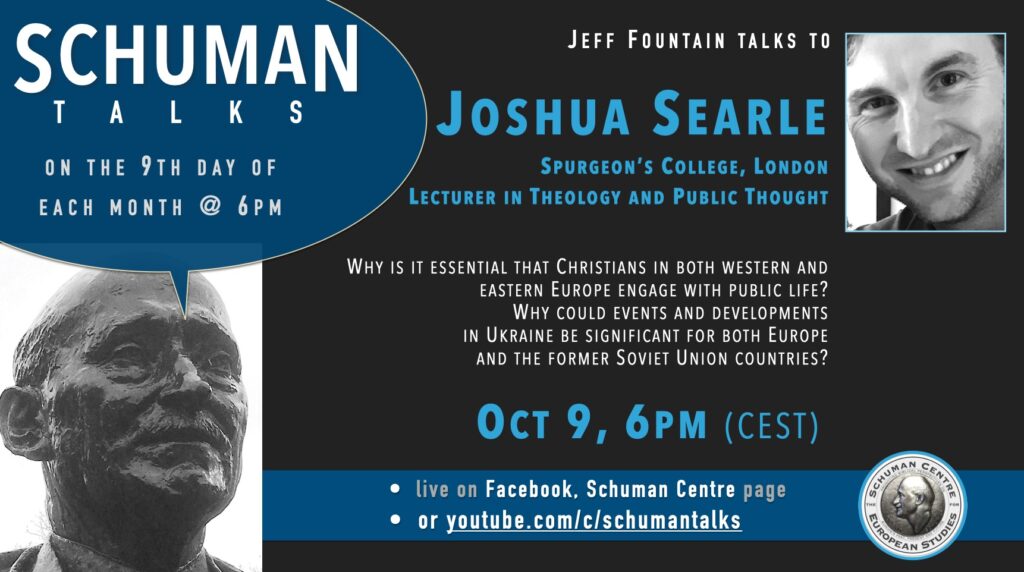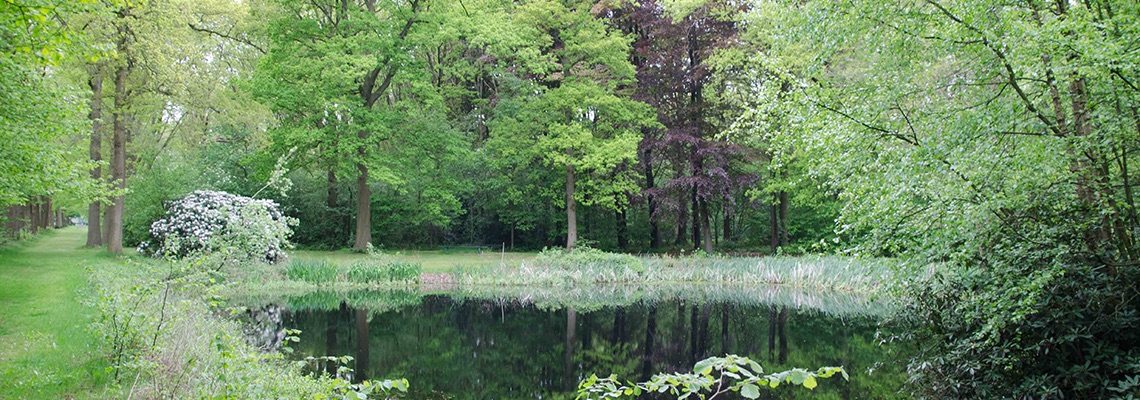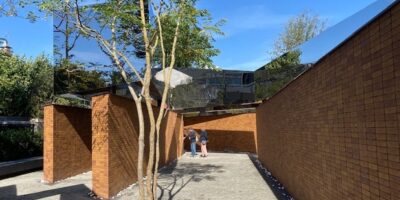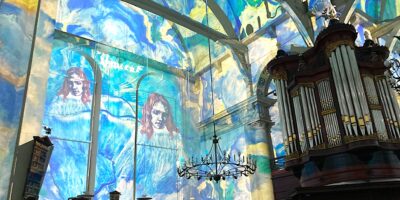The Dutch are famous for their ‘polder model’ of consensus decision-making, overcoming differences to achieve a common goal.
Ever since the process of land reclamation began in the Middle Ages, communities living in areas below sea-level needed to overlook differences to build and maintain dykes and pumping stations to prevent flooding. So, we are told, the Dutch learned to set aside differences for a greater purpose.
However, this week showed little evidence of the ‘polder model’ producing a new Dutch government nearly 200 days after the national elections. Nine different parties have been involved in talks this past week trying to break the impasse.
Nor has it been much evident in Dutch church history. When I first came to The Netherlands, over forty-five years ago, I was told the following: ‘One Dutchman, a theologian; two Dutchmen, a congregation; three Dutchmen, a split.’
A quick reconnaissance of the Reformed churches, for example, reveals a very splintered landscape: The Dutch Reformed Church, the Re-reformed Churches of The Netherlands, Christian Reformed Church, The Reformed Churches in The Netherlands (Liberated), Netherlands Reformed Churches, Reformed Congregations in the Netherlands (unaffiliated) and the Restored Reformed Church, to name a few. And on the Pentecostal end of the spectrum, the terrain has been just as fractured.
Remarkable
However, this week at a two-day retreat of national Christian leaders in a former cloister, Romkje and I witnessed something quite remarkable. Held annually over the past decade, the retreat is the fruit of a handful of bridge-builders nurturing relationships among Orthodox, Roman Catholic, Old Catholic, Protestant, Evangelical, Charismatic and Pentecostal leaders, including those from migrant churches.
A key event occurred at the centenary celebration of the Pentecostal movement in the Netherlands, held in the Olympic Stadium in Amsterdam on September 15, 2007. A spokesperson of the Protestant Church in the Netherlands (PKN) asked for forgiveness for judgements of Pentecostals issued by his church in the past. Two months later, a leading Pentecostal representative asked forgiveness of the General Synod of the Dutch Protestant Church for the negative attitudes towards mainstream churches from his constituency.
The ensuing attitude of humility and repentance, respect and recognition, was furthered fostered by an open air ecumenical manifestation in The Hague in 2010 with three thousand attending, held under the banner of ‘We choose for unity’.
That same spirit has been evident in the resultant annual retreats for church leaders organised by the same ecumenical committee – including this week’s gathering on the theme of ‘the curse and blessing of abrasive cultures and spiritualities’. I have never experienced the kind of open-hearted and authentic exchange involving such a wide spectrum of traditions. Pairs of leaders from different backgrounds shared from the platform observations and experiences of strengths and weaknesses of the other’s spirituality.
In a candid spirit of brotherhood, a Catholic bishop for example told his Reformed counterpart that, to him, Protestantism seemed to be a house with many rooms: from very liberal, for whom God was an abstract concept, to ultra-orthodox house churches.
Equality
Yet what attracted him was the Protestant love for the Holy Scriptures, for Christ and for the culture of music and singing, with Bach the supreme example. Points of abrasion however included the constant divisions occurring resulting in new streams – he had counted seventeen variations of Reformed churches, which for onlookers he felt was hard to understand; plus among evangelicals the application of Old Testament Scripture to current realities without regard for the original context; for example, reading Israel of the Bible times as Israel of today. There often seemed to be a lack of awareness of the need to interpret Scripture, and an individualistic interpretation and application.
Conceding a lack of Bible knowledge among his own parishioners, the bishop acknowledged a common faith in Christ as God’s revelation among his protestant brothers and sisters, giving grounds for being one in Christ.
Such open-hearted sharing continued through the retreat over issues which have led to bloodshed in past centuries. Evangelicals shared concerns about too much emphasis on theology and academic knowledge without personal experience; dry liturgy and rituals without the expectation of God’s presence; too great an emphasis on the role of Mary and of hierarchy. Evangelicals were seen by others to be too ‘me’-centred and sure of their own convictions, male-dominated and with an individualistic understanding of baptism.
The spirit of humility and openness bathed the discussions which continued over the two days. Offices and ranks were forgotten as first-name conversations reminded us all of our equality before the cross. Small groups wandered through the cloister gardens, listening to each others’ hearts. Circles gathered around tables in prayer for one other. One-on-one dialogues accompanied walks in the broader neighbourhood.
This was deeper than a polder model seeking compromise. We were pilgrims together, seeking unity through the cross. I was reminded of a favourite saying of that ecumenical pioneer Count Zinzendorf: In essentials unity; in non-essentials liberty; in all things charity.

Till next week,



